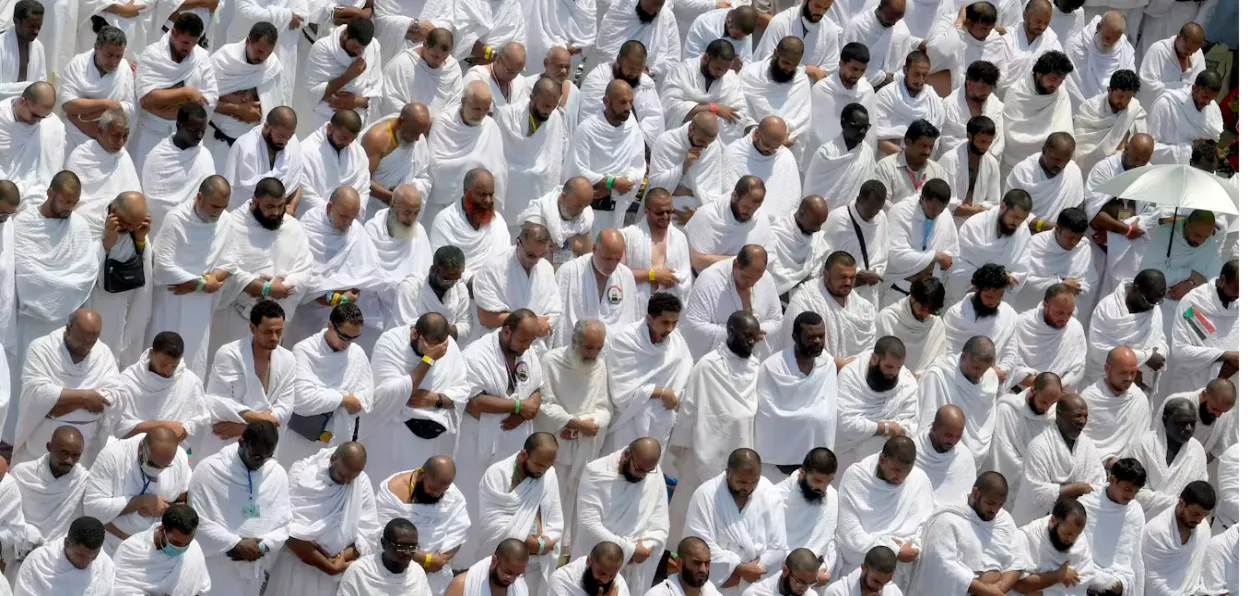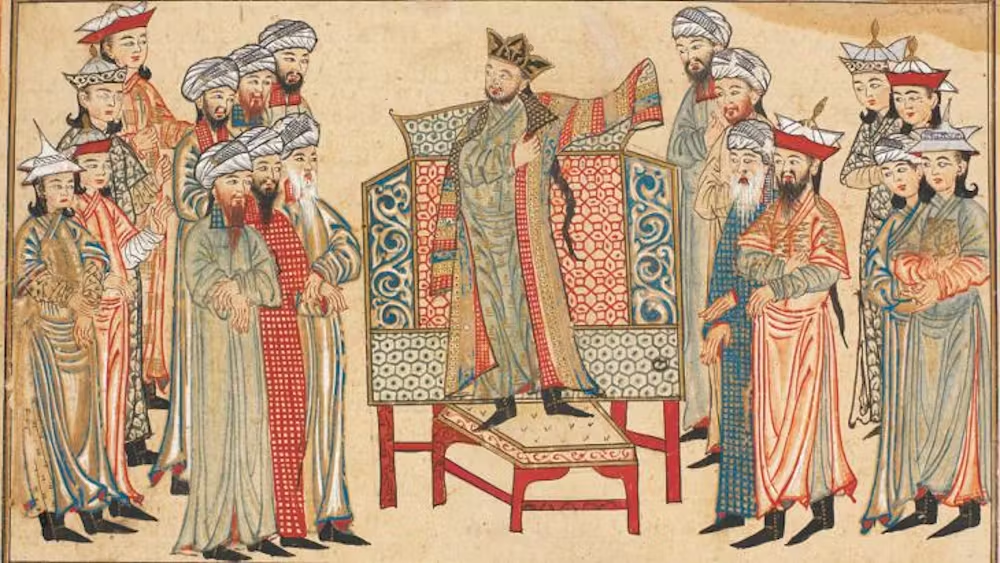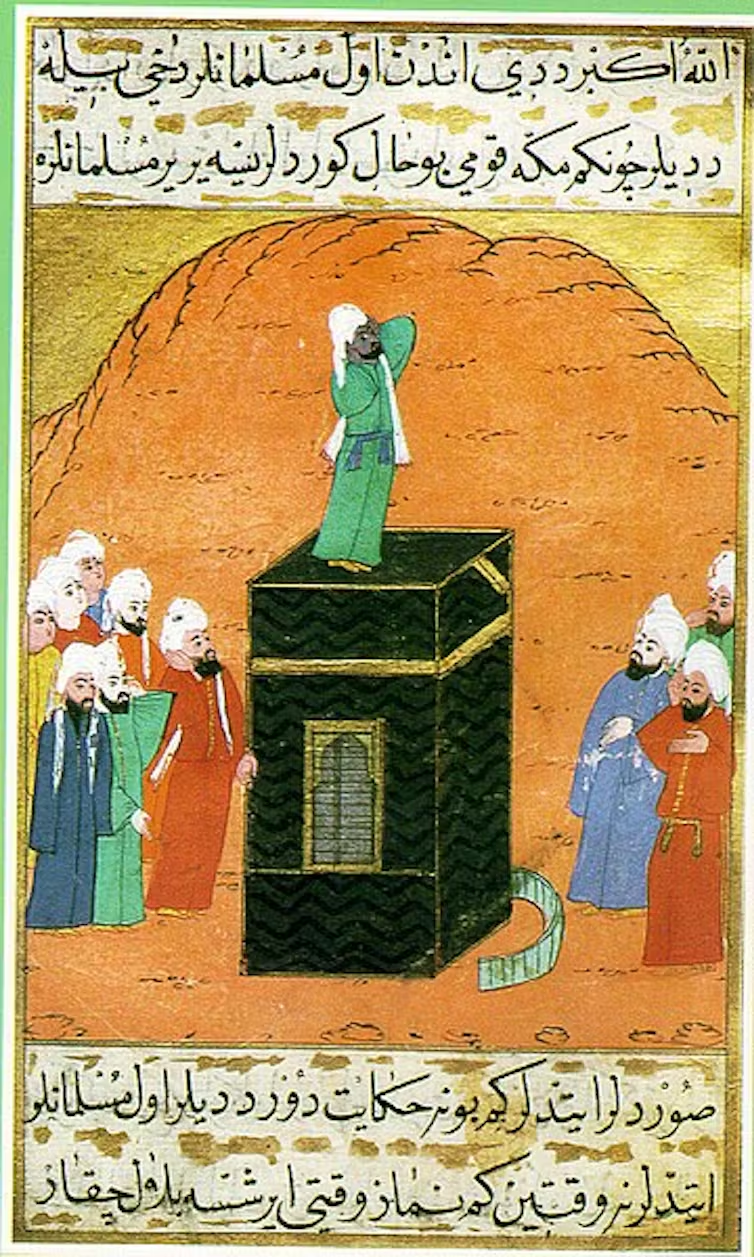
Amir Suhail Wani
Prophet Muhammad is renowned for his teachings and these continue to resonate in contemporary times. His message, delivered in the 7th century CE, provides enduring guidance on addressing key social issues such as violence, gender inequality, and racism, demonstrating its relevance to today’s global challenges.
One of the most striking aspects of Prophet Muhammad’s teachings is his approach to violence. His life was a testament to peace, mercy, and compassion. Even in the face of personal and communal adversity, the Prophet exemplified patience and non-violence.
The Quran, Islam's holy book, frequently promotes peaceful resolutions. For example, the verse, "And if they incline to peace, then incline to it [also]" (Quran 8:61), underscores the importance of seeking peace even in conflict. The Prophet’s responses to injustice—favouring dialogue over retaliation—serve as a model for modern peacebuilding efforts. His instructions on humane conduct in warfare, including the protection of non-combatants, provide a framework for contemporary conflict resolution.
 The wealthy Quraysh tribe of ancient Arabia dominated the region for centuries. Qantara
The wealthy Quraysh tribe of ancient Arabia dominated the region for centuries. Qantara
The teachings of Prophet Muhammad also revolutionized views on gender equality. In 7th-century Arabia, his advocacy for women’s rights was ground-breaking. The Quran asserts, "And for women are rights over men similar to those of men over women" (Quran 2:228), highlighting the principle of mutual rights and respect. The Prophet’s actions reinforced these teachings, such as encouraging the education of his wife Aisha, who became a renowned scholar and teacher. His respect for Khadijah, a successful businesswoman, and his reforms improving women's inheritance rights demonstrated a progressive stance on women’s role in society.
These teachings have profound implications for addressing gender issues today. They provide a foundation for advocating gender justice in areas such as wage equality, workplace discrimination, and gender-based violence. The Prophet's emphasis on fairness and respect for women’s rights continues to inspire global movements aimed at achieving gender equity.
Addressing racism is another crucial aspect of Prophet Muhammad’s legacy. His message was clear in rejecting racial superiority and promoting human unity. During his Farewell Sermon, he declared, "All mankind is from Adam and Eve. An Arab has no superiority over a non-Arab, nor does a non-Arab have any superiority over an Arab; a white has no superiority over a black, nor does a black have any superiority over a white; none have superiority over another except by piety and good action" (Hadith from Al-Jaami).
 Bilal, center, found freedom in Islam. (Picture Credits: Wikimedia Commons)
Bilal, center, found freedom in Islam. (Picture Credits: Wikimedia Commons)
This declaration, advocating equality and rejecting racial discrimination, remains highly relevant in today's context of combating systemic racism and promoting social justice. It provides a moral imperative for addressing racial inequalities and fostering inclusivity in various aspects of life, including politics, education, and employment.
Prophet Muhammad’s teachings also address specific issues affecting women, such as health, education, and protection from harm. His advocacy for women’s education and active participation in society was ahead of its time. The Prophet’s support for women's rights within the family and community—such as the right to education and healthcare—aligns with current efforts to tackle domestic violence and promote healthy, respectful relationships. His encouragement of women’s education and respect for their opinions in decision-making processes are particularly relevant for achieving gender equity today.
Beyond specific issues, the ethical framework of Prophet Muhammad’s teachings emphasizes justice, compassion, and integrity. His life was marked by a commitment to fairness and alleviating suffering, and his principles of social responsibility and charitable giving remain highly pertinent. The concept of zakat (charitable giving) and sadaqah (voluntary charity) highlight the importance of supporting the less fortunate and fostering social solidarity. These principles are crucial in addressing ongoing economic disparities and social inequalities.
ALSO READ: Samia Khan's Cloud Kitchen journey from two tiffin orders to serving MNCs
Prophet Muhammad’s teachings offer profound guidance for modern challenges. His life exemplifies peace, justice, and respect for all individuals, regardless of their gender, race, or social status. Drawing on his ethical principles and reformative actions inspires addressing contemporary issues with compassion and integrity. His legacy serves as a beacon for creating a more just and equitable world, demonstrating the timeless relevance of his message in addressing the complexities of today’s society.v
